Other Procedures
Other Procedures
Upper Blepharoplasty
Otoplasty
Lower Blepharoplasty
Lip Lift
Face Lift
SkinPen
Neck Lift
Injectables
Breast Augmentation
Breast Re-Augmentation
Breast Lift
Breast Re-Augmentation + Lift
Breast Augmentation + Lift
Breast Reduction
Breast Implant Removal
Breast Implant Removal + Lift
Breast Reconstruction Revision
Revision Breast Surgery
Breast Fat Grafting
Nipple Procedures
Mommy Makeover
Liposuction
Thigh Lift
Arm Lift
Abdominoplasty
Fleur-de-lis Abdominoplasty
Labiaplasty
Body Contouring
Scar Revision
Skin Lesion Removal
Liposuction is a surgical procedure designed to remove excess fat deposits from specific areas of the body. It is commonly performed to improve body contour and create a more proportionate and sculpted appearance. Liposuction is not a weight loss method, but rather a way to target stubborn areas of fat that are resistant to diet and exercise. It can be applied to many different areas of the body and is often used during other surgical procedures.
Reasons for Liposuction:
- Liposuction may be recommended for individuals who:
- Have localized areas of excess fat: Liposuction is most effective for removing stubborn fat deposits in areas such as the abdomen, thighs, hips, buttocks, arms, back, bra line and neck.
- Desire improved body contour: Liposuction can help create a more balanced and proportionate body shape by removing excess fat from specific areas.
- Have good skin elasticity: Liposuction works best in individuals with good skin elasticity, as the skin needs to contract smoothly after fat removal. In cases of poor skin elasticity, additional procedures like a tummy tuck may be recommended to achieve the desired results. Many massive weight loss patients will lack skin elasticity, so liposuction may not be suitable.
Procedure:
Liposuction is performed under general anesthesia. This ensures the patient is asleep and comfortable during the procedure. Dr. Landis will make small incisions in the targeted area to insert a thin hollow tube called a cannula. The cannula is used to suction out the excess fat cells from the targeted areas. Dr. Landis carefully maneuvers the cannula to break up and remove the fat deposits. Once the fat removal is complete, the incisions are closed with dissolvable sutures. Compression garments are applied to help reduce swelling and support the newly contoured area.
Recovery and Aftercare:
Recovery from liposuction varies from patient to patient. Swelling and bruising are common after liposuction and may last for several weeks. Wearing compression garments for a minimum of 6 weeks helps to minimize swelling and promote healing. Pain medication is prescribed to manage any post-operative discomfort. Many patients transition to Tylenol or ibuprofen alone very quickly.
It is important to follow Dr. Landis’ instructions regarding medication and pain management. You will be advised to limit physical activities and avoid strenuous exercise for 3 weeks after the procedure. Gradually increasing your activity level as approved by Dr. Landis is important for a smooth recovery. It is crucial to attend follow-up appointments with Dr. Landis to monitor your healing progress and address any concerns or questions you may have.
Potential Risks and Complications:
While liposuction is generally considered safe, it is important to be aware of the potential risks and complications associated with the procedure. These may include:
- Infection
- Bleeding
- Irregular contours or asymmetry
- Changes in skin sensation
- Fluid accumulation (seroma)
- Scarring
- Skin discoloration
- Blood clots
- Anesthesia risks
Dr. Landis will discuss these risks with you and address any concerns or questions you may have before deciding to undergo liposuction.
Cost:
Liposuction cost includes the surgeon fee, facility fee, anesthesia fee, and any labs or imaging that may be required before or after surgery. The total cost for liposuction ranges from $3,500-$12,000 and varies if any additional surgery is required. Dr. Landis will formulate a plan specific for each patient and a detailed estimate will be provided. CareCredit is available to our patients, and we’d be happy to discuss this option with you!
Conclusion:
Liposuction is a surgical procedure that can help improve body contour by removing excess fat deposits from specific areas of the body. It is important to have realistic expectations and understand that liposuction is not a substitute for weight loss or a healthy lifestyle. Consulting with a board-certified plastic surgeon like Dr. Landis is essential to determine if liposuction is suitable for you and to discuss your goals, expectations, and potential risks.
